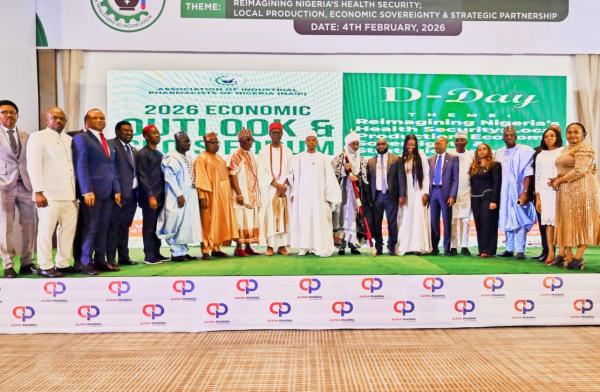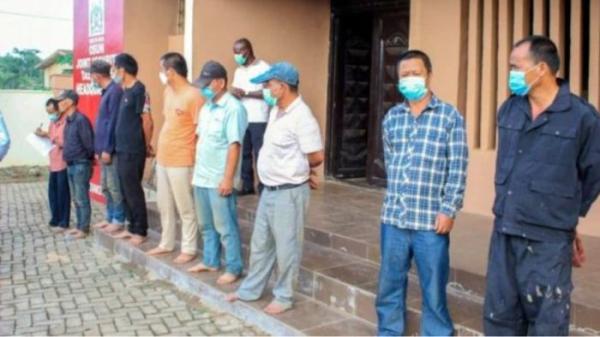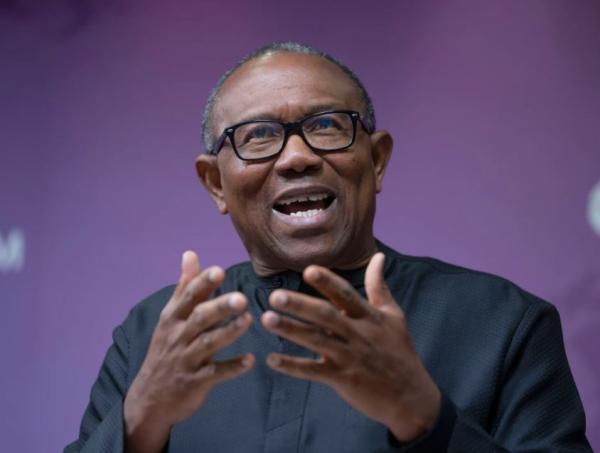
Thursday, 24th June 2021: Nigeria has the potential to generate about N10trillion as tax revenue in the next three years, says World Bank.
In its recently released report tagged: “Resilience through Reforms; Nigeria Development Update”, the bank said tax revenues were necessary to run essential services, provide security to citizens, help tackle hunger and poverty, and deliver critical health and education services.
To this end, the bank admonished the federal government to focus more on revenue-yielding avenues to achieve substantial gains, while growing its tax-to-GDP ratio to about seven per cent. This, it said, would allow the government to generate about N10 trillion revenue in the next three years.
Hence, World Bank advised the federal government to increase ‘sin taxes,’ charging fees for electronic money transfers, rationalising tax expenditures, removing loopholes in tax laws, and improve tax compliance with more disciplined revenue
Pointing out that Nigeria may be Africa’s biggest economy but at just four per cent, it added that, the country still has Africa’s lowest tax-to-GDP ratio.
The bank pointed out that the COVID-related economic slowdown and the steep fall in oil prices in 2020, brought into clear focus, the need to increase non-oil revenue in Nigeria, even when investment, jobs, and growth also needed to increase.
According to the bank, “this calls for a carefully calibrated set of policy and administrative measures that can grow revenues without discouraging investment. That rules out any increases in traditional ad valorem taxes like the value-added tax but it does afford an opportunity to fully apply tax policies already adopted and reform tax administration to seal compliance gaps.
“In the longer term, fundamental reforms of the tax system will be necessary to stimulate post-pandemic investment and economic growth. As Nigeria tries to “build back better” after the COVID crisis, a more strategic approach to revenue mobilisation will also be necessary: not just taxing more, but taxing better; not just how much to collect, but how to collect, what to collect, and from whom.”
The pandemic, he stressed, has continued to profoundly affect employment and household welfare in Nigeria.
It revealed that data collected in the February 2021 COVID-19 National Longitudinal Phone Survey had indicated that the number of people working in February 2021 was similar to the number in September 2020 -much higher than would be expected if employment were following typical seasonal patterns.
“The higher share of people working was more concentrated among women and people from poorer households, which indicate an ‘added worker effect,’ more members take on work to help the household to cope with economic shocks.
“Moreover, the commerce and service sectors have expanded beyond what would be expected given previous seasonal patterns, especially for women.
Accompanying these labor market shifts, incomes for some households have increased since before the crisis, although this is far from universal. Yet even if incomes are stabilising, households are feeling the impact of rising prices, which erodes their purchasing power and means that food insecurity is still widespread,” the report added.






















